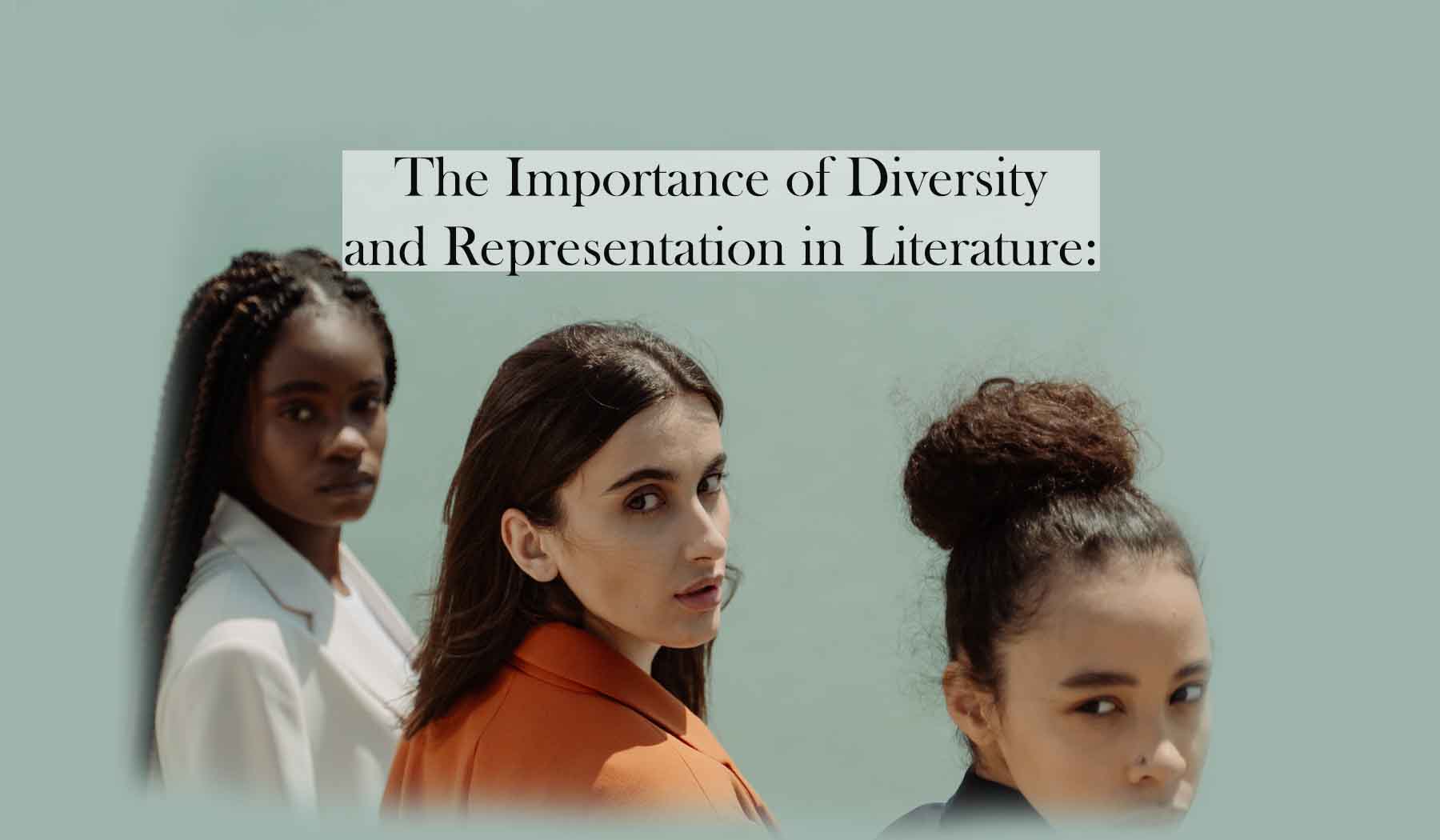Literature is a powerful tool that has the ability to shape the way we view the world and ourselves.
It can inspire, educate, and entertain.
However, for many years, the voices and experiences of marginalized groups were excluded from mainstream literature.
This lack of representation not only perpetuated harmful stereotypes but also created a limited and narrow understanding of the world.
In recent years, there has been a push for diversity and representation in literature.
Let’s explore why diversity and representation are crucial in literature and how they can benefit both readers and writers.
Why Diversity and Representation Matter in Literature
Promotes Empathy and Understanding
One of the main reasons why diversity and representation are important in literature is that they promote empathy and understanding.
When we read books that feature diverse characters and perspectives, we can step outside of our own experiences and gain a better understanding of the world around us.
We can see the world through someone else’s eyes and develop a deeper appreciation for their experiences, struggles, and triumphs.
Fights Stereotypes and Prejudices
Another reason why diversity and representation are crucial in literature is that they can help fight stereotypes and prejudices.
For many years, marginalized groups were portrayed in a negative light in literature, perpetuating harmful stereotypes and prejudices.
However, when we have more diverse and authentic representations of different cultures, races, genders, sexualities, abilities, and experiences in literature, we can break down these stereotypes and prejudices and create a more inclusive and accepting society.
Increases Access and Representation in the Publishing Industry
Having more diverse voices and perspectives in literature not only benefits readers but also writers.
For many years, the publishing industry has been dominated by a select few, often white, male authors.
However, with the push for diversity and representation in literature, more opportunities are being created for writers from diverse backgrounds to have their voices heard.
This not only increases access to the publishing industry for underrepresented groups but also helps create a more diverse and inclusive literary landscape.

The Benefits of Diversity and Representation in Literature
Provides a Sense of Belonging and Validation
For readers from marginalized communities, seeing themselves and their experiences represented in literature can be a powerful experience.
It can provide a sense of belonging and validation that is often lacking in mainstream media.
It can also help readers feel less alone and more understood, which can have a positive impact on their mental health and well-being.
Encourages Diversity of Thought and Creativity
Having more diverse voices and perspectives in literature can also encourage diversity of thought and creativity.
When we are exposed to different experiences and perspectives, it can inspire us to think differently and come up with new and innovative ideas.
This can lead to more diverse and interesting literature that challenges our assumptions and expands our understanding of the world.
Creates a More Inclusive Society
Ultimately, the push for diversity and representation in literature is about creating a more inclusive society.
When we have more diverse voices and perspectives in literature, we can break down barriers and create a more accepting and tolerant society.
This can lead to greater social cohesion and understanding, which benefits everyone.
Conclusion
In conclusion, diversity and representation are crucial in literature.
They promote empathy and understanding, fight stereotypes and prejudices, increase access and representation in the publishing industry, provide a sense of belonging and validation, encourage diversity of thought and creativity, and create a more inclusive society.
As readers and writers, it is our responsibility to push for greater diversity and representation in literature and to celebrate the voices and experiences of all people.
By doing so, we can create a more just and equitable world for everyone.










